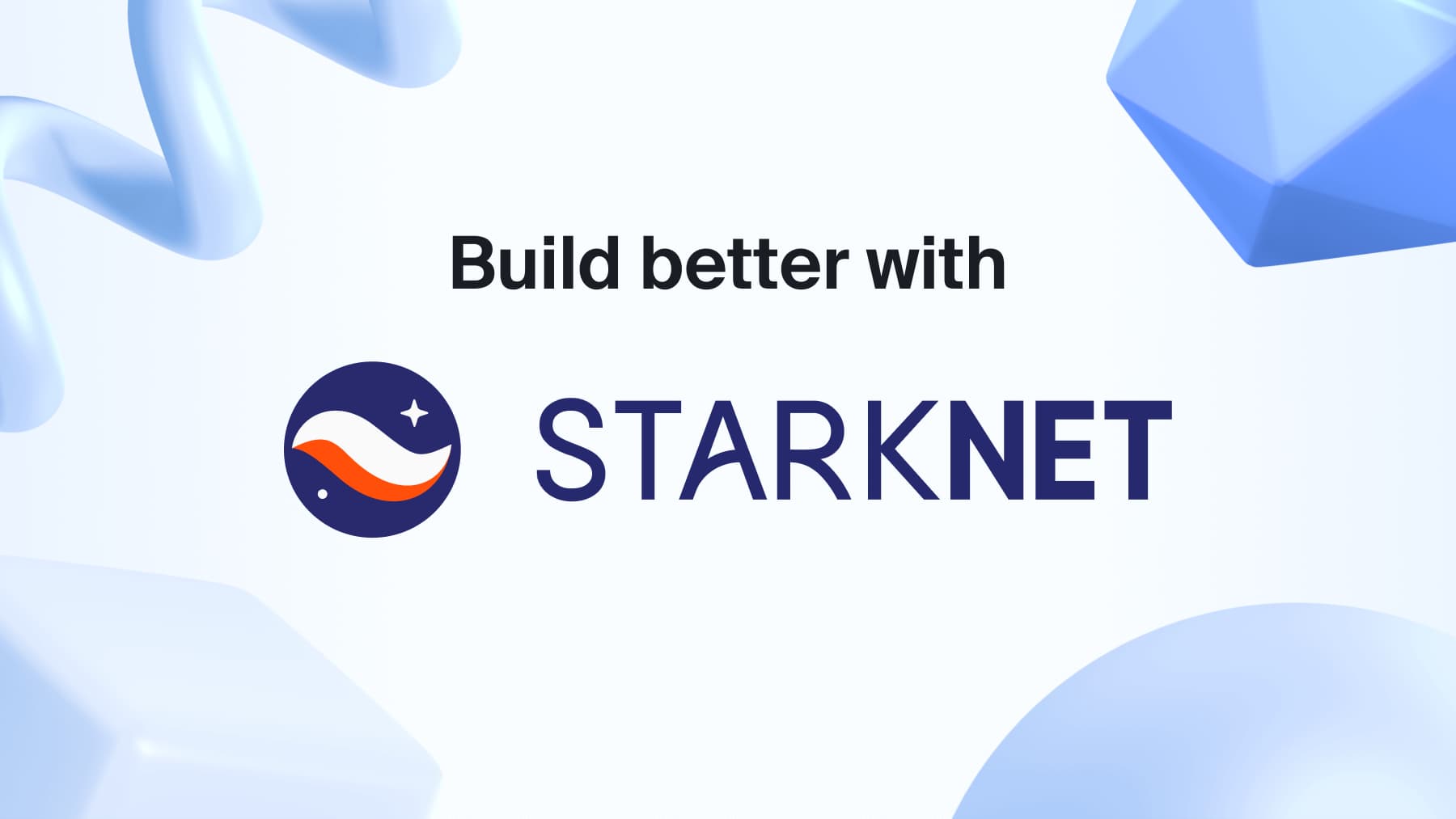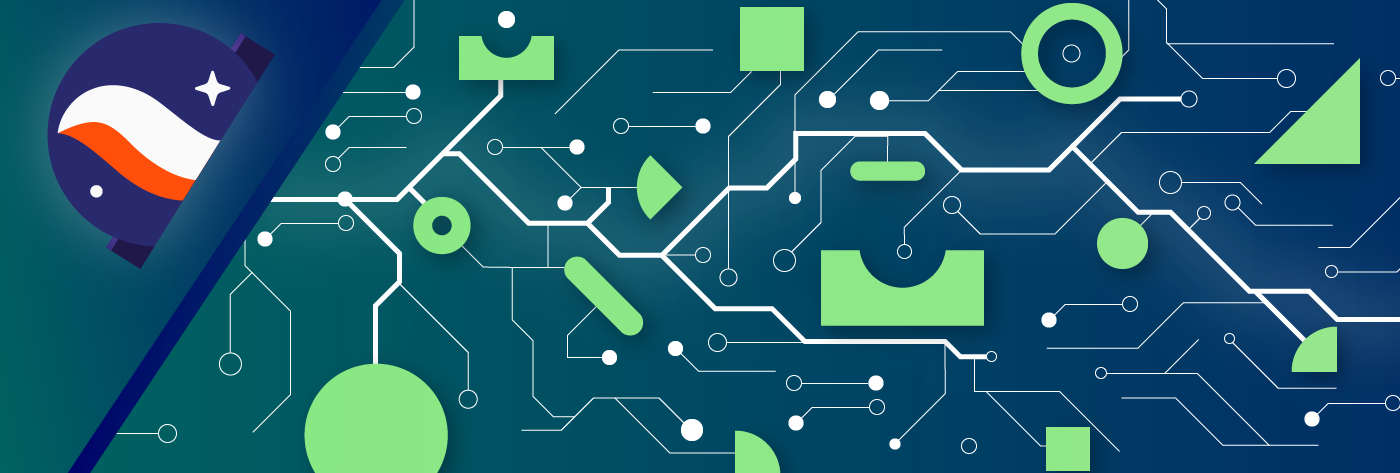Testers on StarkNet scream after the token announcement

In order to decentralize network management and control, StarkWare, the firm that created the Ethereum layer-2 scaling solution StarkNet, aims to introduce a native coin.
The token was unveiled a day after Su Zhu, the mysterious creator of the unsuccessful cryptocurrency hedge fund Three Arrows Capital, criticized the fund's liquidators. The token also aims to reward developers and investors
But early adopters of the fledgling L2 vented their frustrations on its Discord, and several likened it to Optimism's disastrous token airdrop last month.
Users can access the Ethereum blockchain through Layer 2 protocols like StarkNet, Optimism, and Arbitrum while avoiding some of its drawbacks, notably its fluctuating and frequently exorbitant transaction costs. In November 2021, StarkNet became live on the Ethereum mainnet.
In a series of blog postings published on Wednesday, StarkWare urged readers to promote the network's decentralization "so it achieves the liveness, censorship resistance, openness, and inclusivity needed of an L2 on Ethereum."
The coin will be utilized for governance when it debuts in September. The coin will be applied to StarkNet transaction costs at a later, unspecified period.
According to the business, the initial 10B supply of StarkNet tokens "emphasizes rewarding developers for their work." "Core donors," which include the StarkWare corporation, its staff, and consultants, received around a third of the funding. Investors will receive another 17% of the total. The recently founded StarkNet Foundation will hold the remaining tokens.

For early adopters, no airdrop
The distribution infuriated several of StarkNet's early users, many of whom had been utilizing the testnets in anticipation of an airdrop.
Discord user Imperator commented in a channel devoted to the token announcement, "100% its an error, I can't believe this." People that use the testnet and are involved in their environment are left without any options.
Discord user Secret Societies stated that "we need to stand up collectively that early Starknet users have a right." "Three times after publication, optimism revised their tokenomics. So, either speak up or remain silent forever and risk losing.
The company describes the Foundation's dual objectives as serving as a resource for the creation, documentation, and distribution of StarkNet's software and fostering community engagement.
The Foundation's dual objectives, according to the business, are to create "mechanics for community decision making on fundamental technological concerns" and serve as a resource for the creation, documentation, and dissemination of StarkNet's software.
One-fifth of the approximately five billion tokens reserved for the foundation would be given to developers, while the other one-fifth will be used for community refunds to "partially offset the costs of onboarding to StarkNet from Ethereum." The remaining funds will be utilized "to further support the StarkNet community in a way to be determined by the community," with the remaining 40% going toward grants and a strategic reserve.
The company's belief that the protocol is "a truly permissionless public good, like Ethereum, or the Internet" — one that won't be able to discriminate between users and that will continue to operate even in the event StarkWare folds — will be advanced by entrusting the governance and maintenance of StarkNet to its community via a token.
However, several people who felt rejected by Wednesday's announcement didn't believe the community would be given authority.
A Discord member named Quiark remarked, "I'm a little concerned about building on a platform that's so centralized (token distribution)."